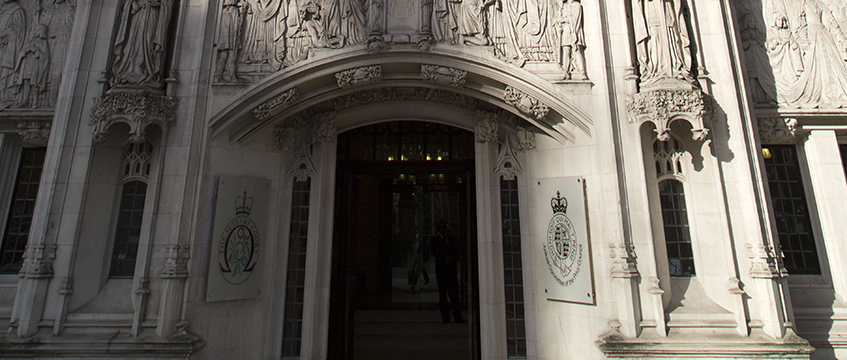Interference with property rights is permissible where it is proportionate.
The Court of Appeal has considered this issue, dismissing an appeal in Manchester Ship Canal Co Ltd v Secretary of State for Environment, Food and Rural Affairs and another [2025] EWCA Civ 676.
MSC, the owner, statutory undertaker and navigation authority for the Manchester Ship Canal appealed a High Court decision dismissing its challenge to the CPO relating to Eccles Wastewater Treatment Works under section 23 of the Acquisition of Land Act 1981 decided by the Secretary of State in October 2021.
UUWL is the statutory sewerage undertaker for north-west England. The CPO was required to permit UUWL to discharge water soil and effluent from a new 1.16k pipe into the canal, MSC not having agreed such a right. The new pipe would replace four pipes and outfalls constructed before 1991 and discharge into Salteye Brook, which drains into the canal.
By the end of the inquiry, it was common ground that UUWL should have the right to discharge by the new pipe under a permit scheme regulated by the Environment Agency because the water quality in the canal would be improved by the scheme of works of which the new pipe was part. Evidence showed the treatment works were operating well and the Environment Agency was regulating the position correctly.
MSC had proposed a discharge proviso, mirroring provisions in the Water Industry Act 1991, that the sewerage undertaker was not authorised to discharge from pre-1991 pipes and outfalls into the canal in breach of any environmental regulation or so as to affect prejudicially the purity and quality of the water and injuriously affect the receiving water. Common law causes of action and remedies to protect the enjoyment of property in respect of such discharges remain United Utilities Water Ltd v Manchester Ship Canal Co Ltd [2024] UKSC 22.
The Court of Appeal confirmed the judge’s role was to consider whether any legal or procedural error had been made in confirmation of the CPO. The judge had rejected all MSC’s alleged errors in the decision and recorded the inspector’s conclusion that including the protective provisions sought by MSC was unnecessary, a decision that was in the public interest following examination of the evidence over the 29-day inquiry.
The interference with MSC’s property rights was proportionate: the CPO had to be confirmed to improve water quality in Salteye Brook and the canal; discharges into the canal would be monitored by the Environment Agency and MSC would be compensated under CPO legislation.
Louise Clark is a property law consultant










